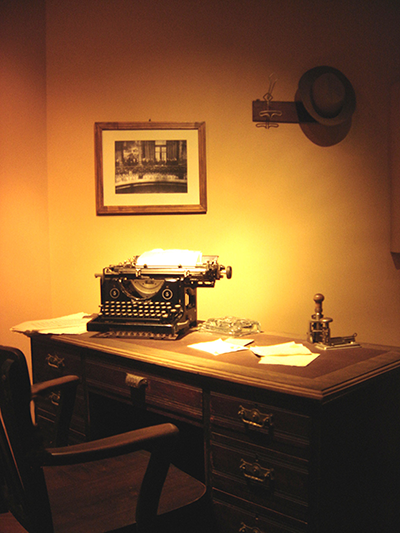The Power of Place in Story
If place wields such power, why do we sometimes relegate it to a secondary role when writing story?

If place wields such power, why do we sometimes relegate it to a secondary role when writing story?

The devil is in the details: thoughts and pointers for keeping your writing TMI-free.

As contemporary writers, we can still benefit tremendously by listening to the words we've written. In fact, reading our work aloud is an essential step in the writing process.

With good dialogue, a character's words come alive on the page and connect with us. Good dialogue will keep that prospective literary agent turning the pages and the reader wanting more.

Writing is hard work, and no one knows this better than the people who do it faithfully, passionately, relentlessly, day after day. So how do they do it?
Everyone's doing it—your kindergarten teacher, your car mechanic, your acupuncturist, that nosy neighbor across the street—so why can't you? It's not brain surgery, after all, and the only heavy lifting required is raising finger to keyboard, and voila, you're a writer! Or … not. Writing may not be brain surgery, but it's definitely surgical, and...